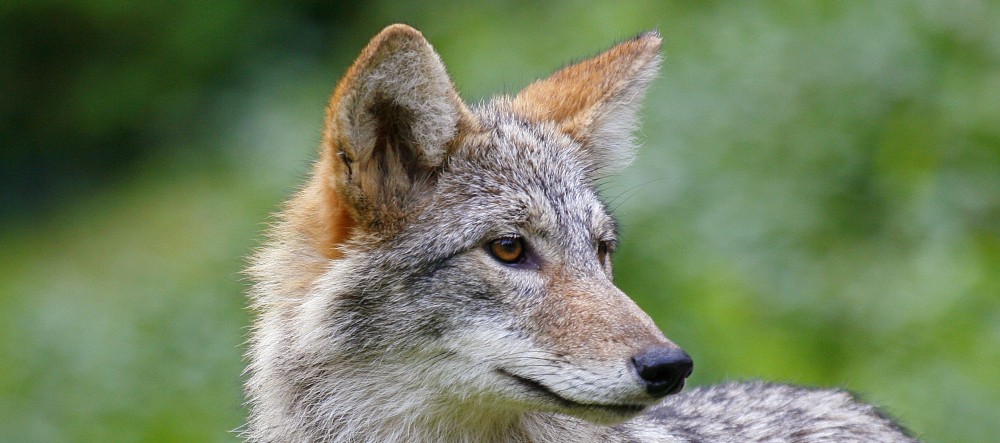Sometimes extinction happens naturally. Other times humans are to blame. Given the many millions of plant and animal species that have ever existed, it’s tough to know exactly how to assign responsibility. But new research indicates that we have an alarmingly large role.
Humans are wiping out species at least 1,000 times faster than nature is creating new species, according to a new study in Conservation Biology (paywall). And it’s getting much worse. In the future, plants and animal species will go extinct at 10,000 times the rate at which new species emerge, the researchers assert.
Looking at both fossils and genetic variation, the study found that nature snuffs out its own creations much more slowly than we’d realized—at a rate of only one species per every 10 million. Past estimates put the “normal background extinction rate”—the rate at which species would go extinct without human interference—at about 10 yearly extinctions for every 10 million species.
Since mankind hit the scene, however, more than 1,000 out of every 10 million species have been dying out each year.
“We’ve known for 20 years that current rates of species extinctions are exceptionally high,” said Stuart Pimm, one of the co-authors and president of the nonprofit organization SavingSpecies. “This new study comes up with a better estimate of the normal background rate—how fast species would go extinct were it not for human actions. It’s lower than we thought, meaning that the current extinction crisis is much worse by comparison.”
Here’s another way of thinking about it. Overall species’ diversity grows exponentially richer over time, as branches of news species diverge. The authors liken this to a person’s bank account. Think of your income as the number of new species, while your spending is those that go extinct. Every month when you get paid, your net worth jumps for a while, before spending whittles it down again. If your spending is constant, that monthly spike will rise over time as your salary increases—just as the number of new species should also rise over time. But the authors saw no such increase, implying that extinction is happening far too fast for the pace of new species creation to keep up.
Take birds, for instance. There are 10,000 species of birds, as Pimm explains in a blogpost. At nature’s rate of one extinction per 10 million species, the disappearance of a single bird species should therefore be a once-in-a-millennium event. However, since the year 1500, at least 140 birds have disappeared—including 13 species we only identified after they went extinct.
See original story.







